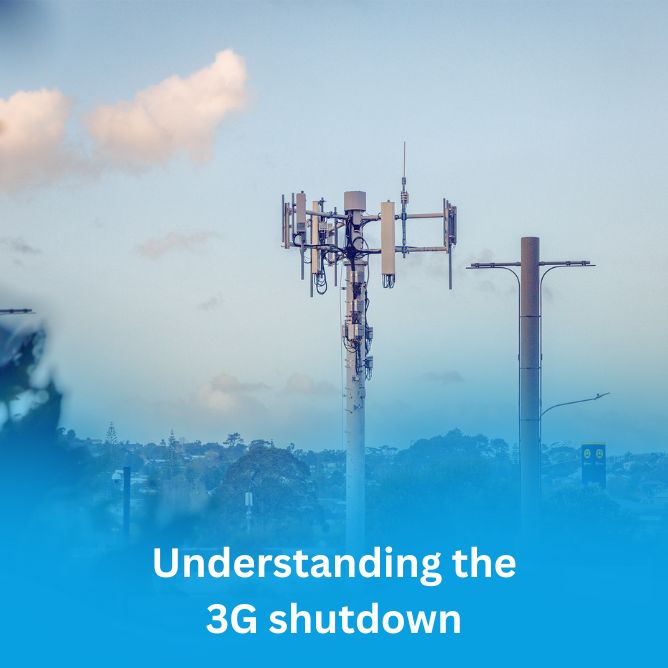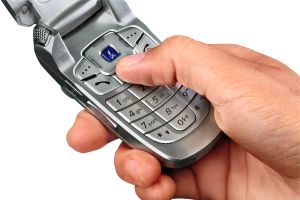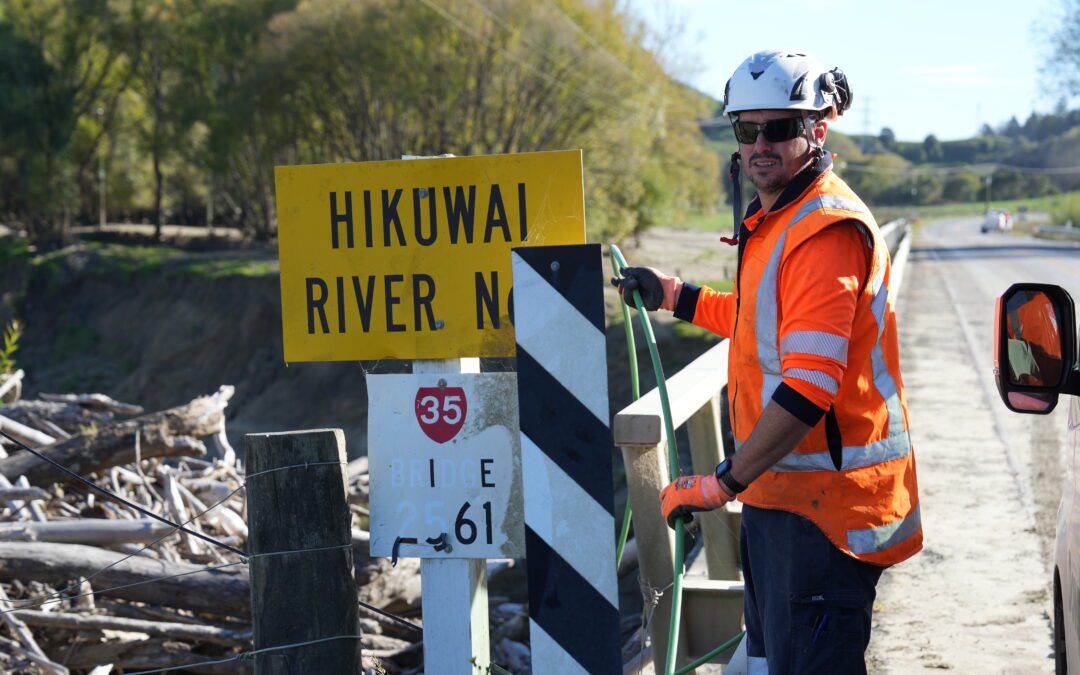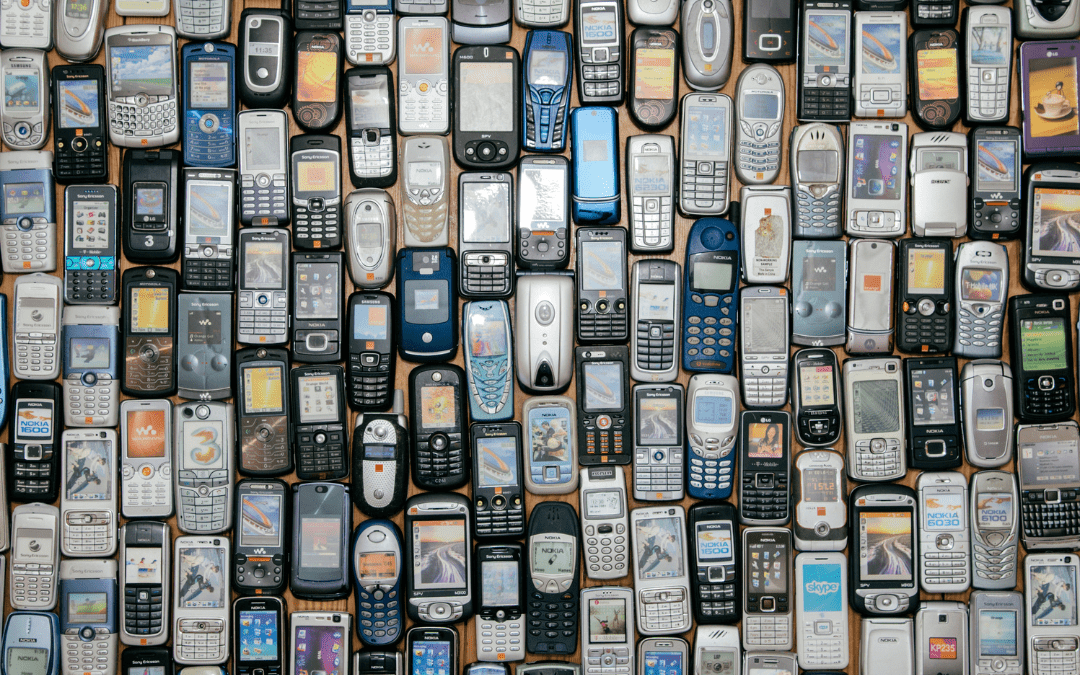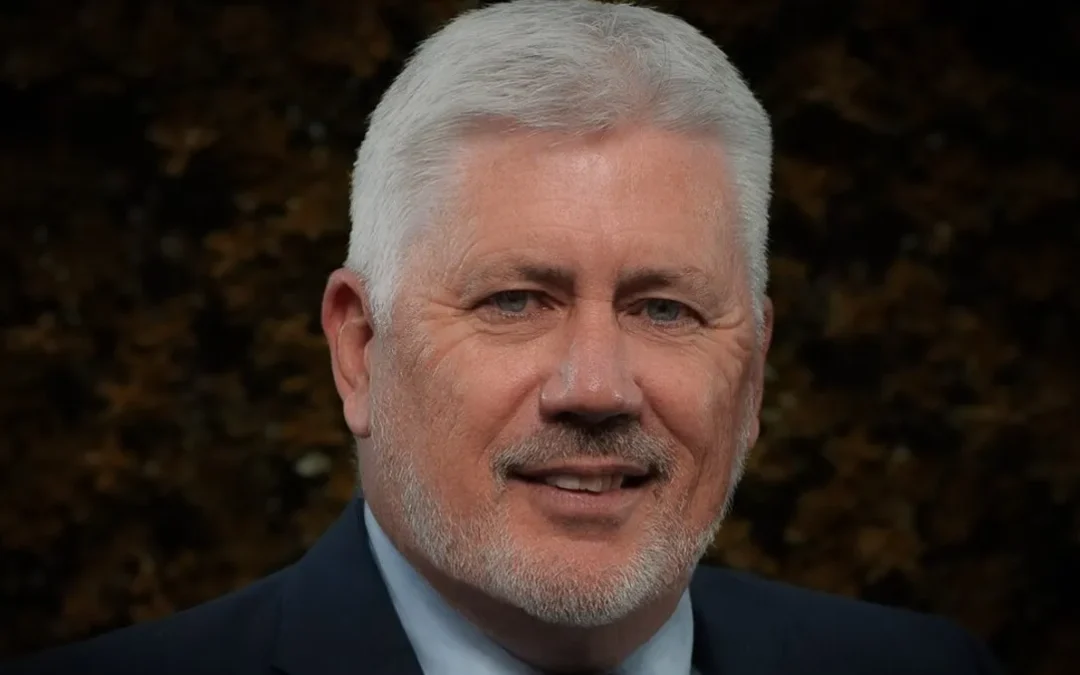The Telecommunications Forum (TCF) is advising consumers of the need to recycle their old mobile phones through an accredited mobile phone recycling scheme.
“We’re constantly connected to telecommunications technology and use our smartphones more like a mobile computer” says Geoff Thorn, Chief Executive of the TCF. “While access to the latest technology is invaluable for both work and personal life, when we upgrade to a new phone, the old devices need to be recycled.”
Accredited mobile phone recycling schemes, such as the TCF’s RE:MOBILE initiative, return up to 100% of the precious metals, rare elements and heavy earth needed to power smartphones back to the circular economy, where they can be used to create new devices.
In 2018, a team from McMaster University in Canada found smartphones to have the highest carbon footprint of all devices in the ICT industry, with 85% of their emissions coming from the production chain, mostly due to the precious metals and minerals they use, mined at a high environmental cost.
“By reusing the components of old smartphones to make new devices, the global telecommunications industry is able to significantly reduce the environmental impact of creating new smartphones – the catch is that consumers need to recycle their old phones to keep returning precious metals and minerals back to the circular economy” says Thorn.
Besides the benefits of recycling through an accredited scheme, there are significant risks when consumers decide to throw old devices in their council kerbside rubbish or recycling collection. “Any devices containing lithium batteries, including cell phones, are dangerous and can cause explosions” says Thorn. “Whatever you do – don’t throw them in the bin.”
Mobile phones can be recycled through RE:MOBILE by returning unwanted devices to any 2degrees, Spark or Vodafone store, with the proceeds of recycling going to support environmental charity Sustainable Coastlines. For a full list of recycling drop off points nationwide, visit remobile.co.nz.







